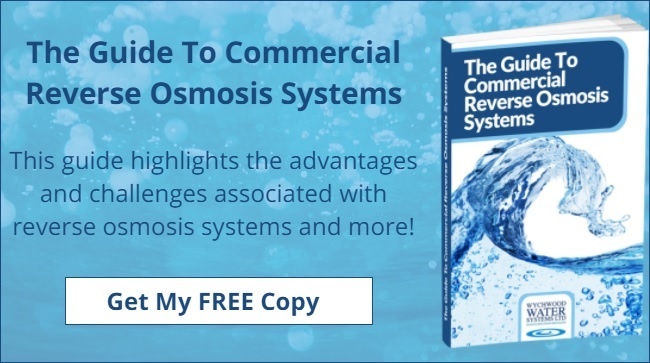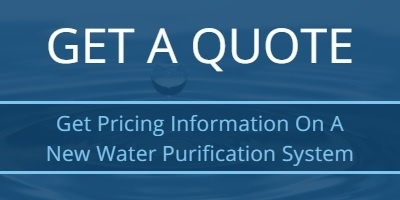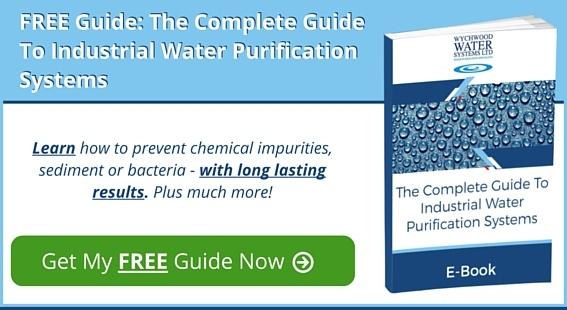
Where water requires the removal of both mineral contamination and bacteria, deionisation can prove very effective. This is because it removes contaminants at the ion level. Cations and anions are removed by the process, and as this occurs, hydrogen and hydroxyl ions are released. The combination of the two forms pure water which can be used for pharmaceutical manufacturing, laboratory testing, cleaning and other processes.
An industrial DI system can cost £12,000 or more. However, this is a very general figure; the cost to purchase and install an industrial DI system depends on several factors. The amount of water being filtered on any given day, the required level of purity and the type of DI system are a few of several factors which can have an influence on the cost.
Resins
Industrial water treatment via conventional DI requires charged resins, which exist in four major classes, each with a different cost. These are; weak base anion, strong base anion, weak acid cation and strong acid cation.
In addition to the class of resin, the structure of the chosen resin will also impact how much an industrial DI system costs. For example, a common choice for resins are those with a styrene-divinylbenzene copolymer bead structure. Another common resin structure is one made of acrylic. The most affordable and cost-effective resin will depend on how well that resin’s operating properties align with the operating parameters of your facility.
Chemically-charged resins may or may not be the best choice, depending on the nature of the products made by your facility. For instance, facilities producing pharmaceutical products are not well suited to traditional, resin-based deionisation because the resins need to be regenerated from time to time, a process which requires the use of very strong chemicals which can affect the purity level of processed water.
Pre-Treatment
Bacteria is a concern with a conventional DI system, because entry of bacteria into the system can require a complete shut-down so that thorough treatment can be carried out. To avoid this, a reverse osmosis (RO) system is often installed so that feed water can be treated before it enters the DI process. This will also ensure a higher level of water purity overall.
Level of Automation
The level of automation in industrial DI systems is also another factor which can affect overall cost. This is very important to facilities whose operators are now responsible for multiple tasks due to a reduction in employee numbers. It is also important where a facility’s supervisors and managers may not have the level of experience required to operate industrial DI equipment. It is also often very desirable for the control system to report to the clients BMS, (building management system).
Continuous Electro-Deionisation (CEDI)
If your facility requires a continuous electro-deionisation or CEDI system and requires ultra-pure water for your processes, this may necessitate the installation of a chlorine removal system for pre-treatment. There are many ways to dechlorinate water.
Chlorine can be removed by injecting a sodium bisulphite or sodium sulphite solution into the flow of water. If your facility plans to dechlorinate water, your CEDI system may also include the purchase of a residual chlorine monitor, ORP measurement system or sulphite monitor. In CEDI systems the levels of free chlorine and Co2 in the feed water are critical for the successful operation.
Get Help Choosing The Best Deionised Water System For You
The number of choices available to you in terms of deionised water systems and their various components can be overwhelming. One thing is for certain: where it comes to the purity of your facility’s water, you cannot afford to guess what will work best. Luckily, our experts have created a free resource to help you make the best decision for your facility. Our fee Guide to Deionised Water Treatment Systems contains all of the important information needed to ensure that you purchase the right system for your needs.
Our knowledgeable team is also available to answer your questions via email; you can get in touch by sending a message to sales@wychwood-water.com.











 We are a specialist independent company involved in water purification and water treatment technologies
We are a specialist independent company involved in water purification and water treatment technologies


